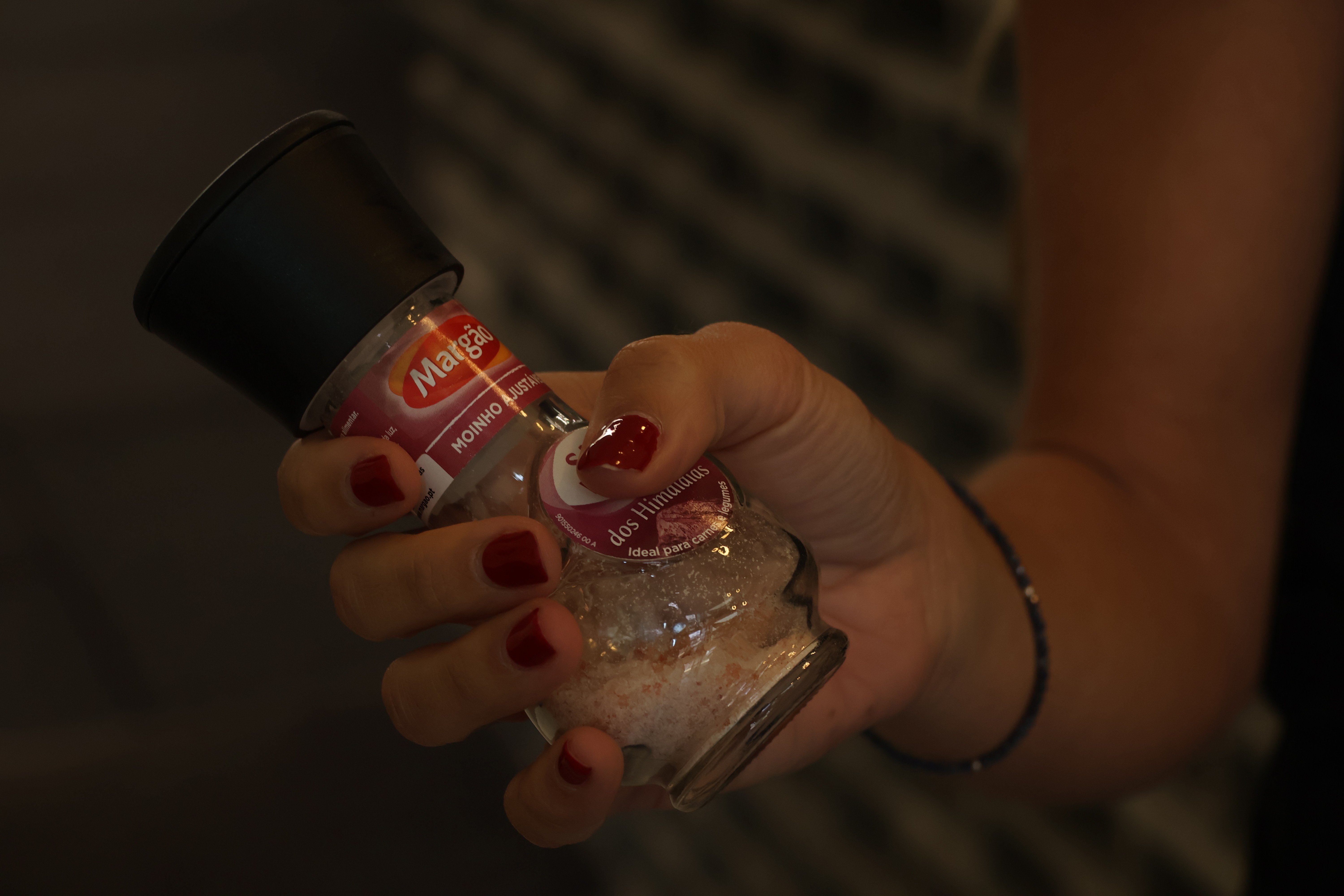3
min read
Let’s start with the basics. Table salt, the most common salt form we find, has a composition of around 97% to 99% of the mineral sodium chloride. Sodium, in turn, plays a key role in maintaining our body’s fluids, electrolytes and blood pressure balanced (these are scientifically known as homeostatic needs).
An average person should consume around 5 grams of salt per day (roughly a teaspoon). This is about the same as 20 chicken nuggets and a medium package of fries from McDonalds—not so hard to overdo.
What Happens When You Overdo It?
In an agitated business life, it is fairly easy to fall into a diet consisting of fast foods, snacks and energy drinks—they're fast, convenient and full of flavour. These habits make it a lot easier to go overboard in your sodium intake. In fact, the average person usually consumes 8.5g of salt per day, an astonishing 70% rise above the recommended sodium amount! This could raise significantly the risk of contracting serious health illnesses.
1. How Does Salt Impact Blood Pressure?
Sodium pulls water into your bloodstream, increasing blood volume and putting extra pressure on your blood vessel walls. This can lead to hypertension, increasing your risk of heart disease, heart failure, and strokes. Here’s some good news, though: reducing your salt intake by just 1 gram a day is proven to lower your systolic blood pressure by 2-3 mmHg and your diastolic pressure by 1-2 mmHg.
2. Water Retention and Weight Gain
While salt itself doesn’t contain calories, it can still lead to weight gain — indirectly. Diets high in sodium often include processed, calorie-dense foods, which can lead to fat gain over time. Plus, excessive sodium causes water retention, making you feel bloated and increasing your weight.
3. Hydration and Kidney Function
Your kidneys are responsible for filtering out excess sodium. However, when overwhelmed with a high-salt diet, their function can deteriorate over time. Excess sodium may also lead to increased calcium excretion, which, overtime, can result in the formation of kidney stones. Over the long term, chronic overconsumption of salt might even cause kidney disease.
Practical Tips to Cut Back
Some practical tips that will help you reduce your salt intake:
Limit Processed Foods: Processed items like deli meats, canned soups, and salty snacks are common sources of sodium. Fresh, whole foods are your best bet.
Read Labels: Check the sodium content on food packaging, it should be not more than 1.5g of salt per 100g, and look for terms like “low sodium” or “no added salt.”
Make Better Choices: Opt for canned vegetables, pulses, or fish in water instead of brine.
Cook at Home: Cooking your own meals gives you full control over how much salt you use.
Enhance Flavors Naturally: Use herbs, spices, black pepper, garlic, chili, or lemon juice to season your meals.
Taste Before Adding Salt: Often, you’ll find that your food doesn’t even need that extra salt. Training your palate to enjoy less salty flavors is worth the effort.
Choose Healthy Snacks: Select fresh fruit, veggie sticks, plain rice cakes, or unsalted nuts for your preferred snacks.
Stay Hydrated: Drinking plenty of water will help your body balance sodium levels effectively.
Sodium is essential for your body, but too much of it can lead to significant health issues. Making small changes in your daily diet will protect your long-term health. Remember, balance is key.
If you'd like help to know exactly what you need to perform your best, reach out to your coach for a free consulting call today!











